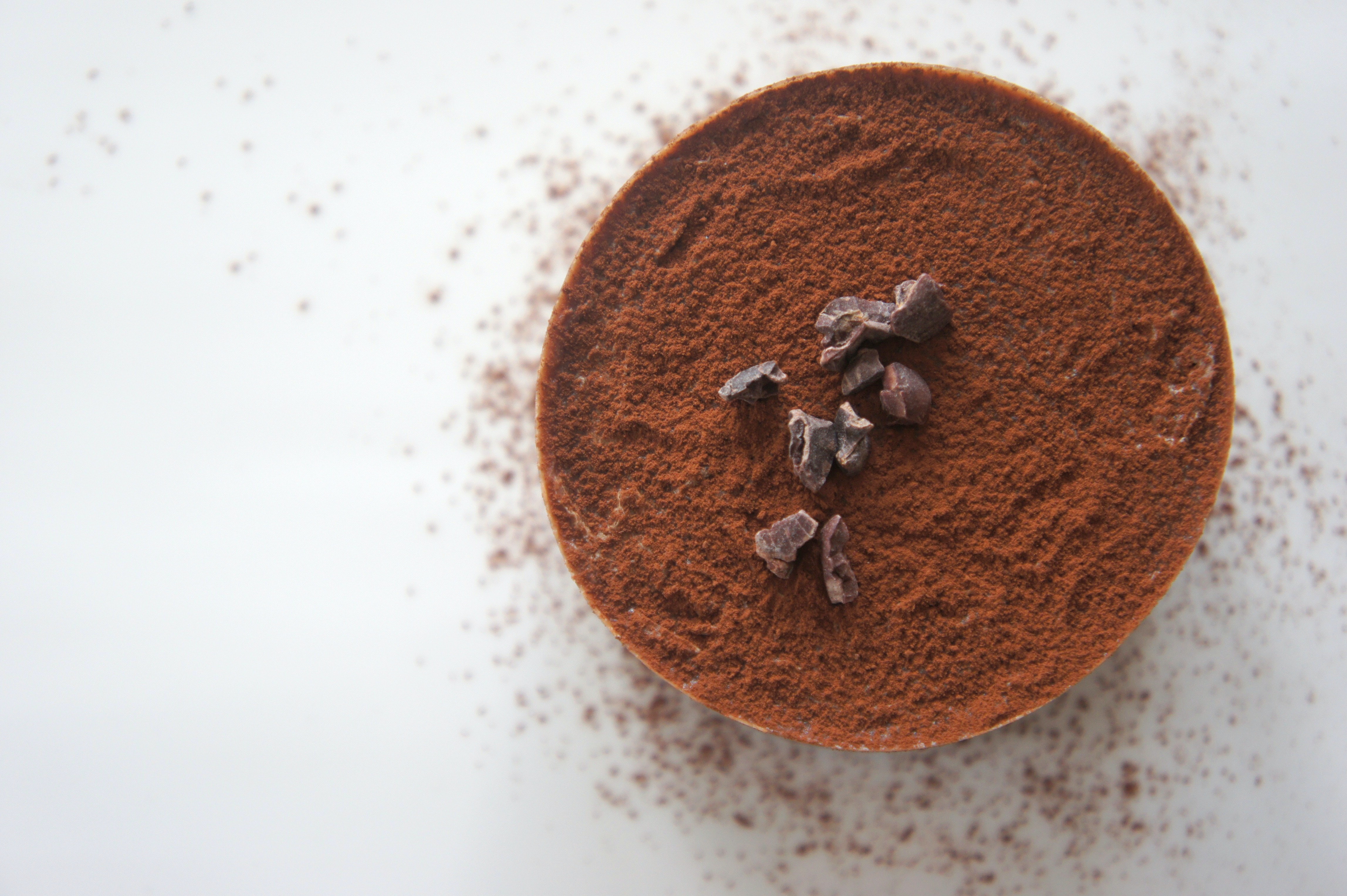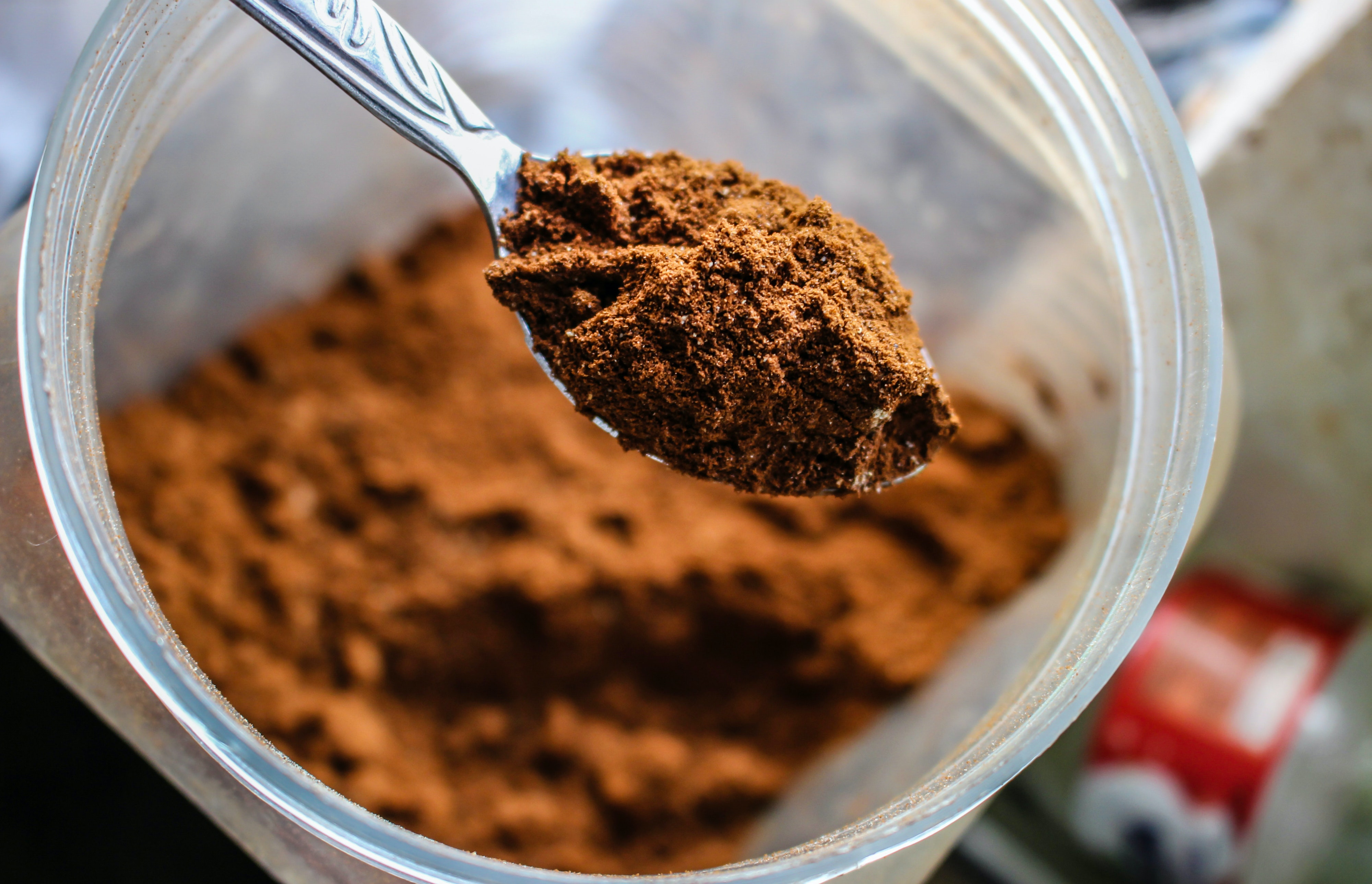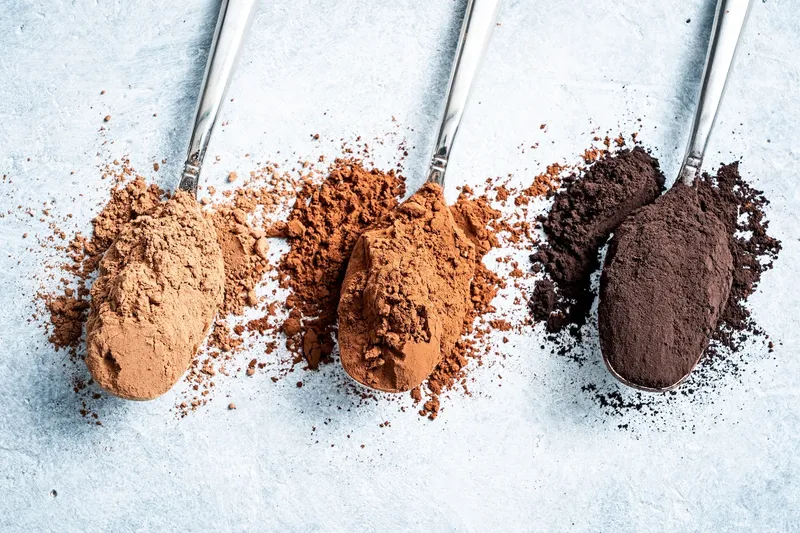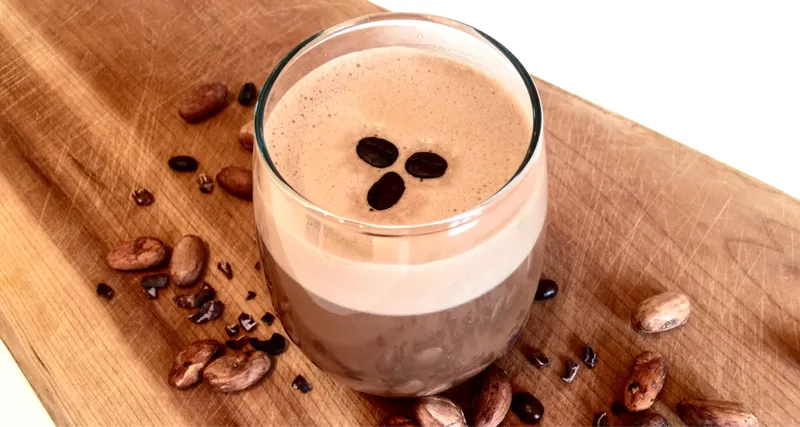Indulging in a warm cup of cocoa on a cold day is a delightful experience, but have you ever wondered about the caffeine content in cocoa powder? While sipping your cocoa, especially if you're mindful of your daily caffeine consumption, it's worth noting that cocoa belongs to the group of foods containing this aromatic and flavorful stimulant.
While cocoa drinks are commonly associated with cosy winter moments, they can also serve as a refreshing afternoon energy boost. How, you might ask? The answer lies in caffeine.
Sipping on a piping hot cup of cocoa might not make you immediately think of caffeine content, but surprisingly, cocoa powder does contain caffeine, similar to tea, soda, and coffee. So, if you're keeping an eye on your caffeine consumption, cocoa is one to be mindful of.
What Exactly Is Cocoa Powder?
Cocoa Powder Caffeine Content: What You Need to Know
Cocoa powder, obtained from the fruit of tropical trees, is a versatile food ingredient cherished for its ability to infuse desserts and beverages with a rich chocolatey taste. Available in both Dutch-processed and natural varieties, cocoa powder allows you to tailor your recipes to your preferences.
Caffeine, a naturally occurring stimulant cherished for its energy-boosting properties, is a component found in pure cocoa powder. A single tablespoon of pure cocoa powder typically contains around 12 milligrams of caffeine, which is approximately one-eighth of the caffeine content found in an 8-ounce cup of coffee. According to data from the USDA, 3.5 ounces or 100 grams of sweetened cocoa powder can contain approximately 230 milligrams of caffeine. While the caffeine content in cocoa powder is influenced by the quantity used, on average, a teaspoon contains about 10 milligrams of caffeine, making it a milder alternative to coffee, with caffeine levels typically 5 to 10 times lower.
The process of "Dutching," used in the production of Dutch cocoa, reduces caffeine levels by about two-thirds while also diminishing the presence of flavanols and other health-promoting compounds. While you may be primarily drawn to cocoa powder for its delightful aroma and culinary uses, it's worth noting that cocoa powder does contain a notable amount of caffeine. If you have a sensitivity to caffeine, it's advisable to be mindful of the caffeine content in cocoa powder when incorporating it into your recipes.

Cocoa Powder: Exploring Its Health Benefits
While cocoa powder does contain caffeine, it's essential to recognize that, like coffee, cocoa powder boasts a range of notable health benefits. Let's explore some of these advantages:
Rich in Flavonoids
One of cocoa powder's most significant health benefits lies in its high flavonoid content. These compounds, such as epicatechin and catechin, are potent antioxidants known to reduce inflammation and promote blood vessel relaxation. This can enhance blood flow and contribute to lower blood pressure. It's worth noting that unsweetened cocoa powder tends to have a higher concentration of flavonoids compared to sweetened varieties.
Abundant in Minerals
Cocoa powder is a valuable source of essential minerals, including iron and zinc. Surprisingly, just a single tablespoon of cocoa powder can fulfill your daily requirements for these vital minerals.
Natural Antidepressant Effects
Cocoa powder is associated with natural antidepressant effects, thanks to its constituents like serotonin, anandamide, and theobromine. These elements work to enhance mood, stimulate endorphin production, and elevate serotonin levels, offering a natural and healthy way to combat depression.
Caffeine in Cocoa vs. Coffee
The caffeine content in cocoa and coffee can vary significantly due to various factors, including the source of the coffee, processing method, brewing technique, and brewing time. Here's a comparison:
- Unsweetened cocoa powder (3.5-ounce serving): Approximately 230 mg of caffeine.
- Brewed ordinary coffee (eight-ounce cup): Caffeine content ranges from 95 to 165 mg.
Additionally, here are some more comparisons:
- Instant coffee: About 63 mg of caffeine per eight-ounce cup.
- Regular (black) coffee: Around 95 mg of caffeine in an eight-ounce cup.
- Mocha/Latte: Approximately 63-126 mg of caffeine per eight-ounce cup.
- Decaf coffee: Roughly 2 mg of caffeine per eight-ounce cup.
- Espresso: One shot (30 ml) contains approximately 63 mg of caffeine.
- Starbucks' cold brew: 360 mg of caffeine in a 30-ounce (Trenta) serving and 155 mg of caffeine in a 12-ounce (tall) portion.
It's important to note that coffee generally contains a substantial amount of caffeine. However, if your caffeine intake exceeds 400 mg per day, you may want to consider reducing your coffee consumption. Switching to decaf coffee for one or two cups of your favorite caffeinated coffee can be a suitable alternative.

Choosing Between Cocoa and Coffee: Which Is the Healthier Option?
In a nutritional face-off between cocoa and coffee, cocoa emerges as the winner. Cocoa is rich in flavanols, plant-based compounds present in various foods and beverages. These flavanols found in cocoa have been linked to countering cell damage, reducing blood pressure, preventing dangerous blood clots, enhancing cognitive function, and improving overall cardiovascular health.
On the other hand, coffee boasts its own set of health benefits. It can help prevent conditions like liver disease and Type 2 diabetes, and its high caffeine content provides a boost in energy and alertness.
From a health perspective, cocoa appears to be the healthier choice. However, if you're seeking a stimulant effect, coffee may offer more pronounced benefits.
Cocoa Powder: Are There Any Potential Side Effects to Be Aware Of?
While cocoa powder offers several potential health benefits, it's important to be aware of possible side effects, including:
- Anxiety: Excessive consumption of cocoa powder, due to its caffeine content, may lead to anxiety in some individuals.
- Diarrhea: The caffeine in cocoa powder, especially in large quantities, can potentially cause diarrhea.
- Blood Sugar Concerns: Consuming too much cocoa, especially when sweetened, can pose problems for individuals with diabetes.
- Headaches & Migraines: People who are sensitive to caffeine may experience headaches and migraines as a result of consuming cocoa powder.
If you are sensitive to caffeine, it may be advisable to limit your intake of cocoa powder or use it sparingly.
Closing Remarks (Conclusion)
Each teaspoon of cocoa powder contains approximately 10 mg of caffeine, significantly less than the approximately 60 mg found in a teaspoon of ground coffee. While cocoa adds delightful flavor to hot chocolate and a variety of desserts, it's advisable to use it sparingly, especially if you are sensitive to caffeine.






